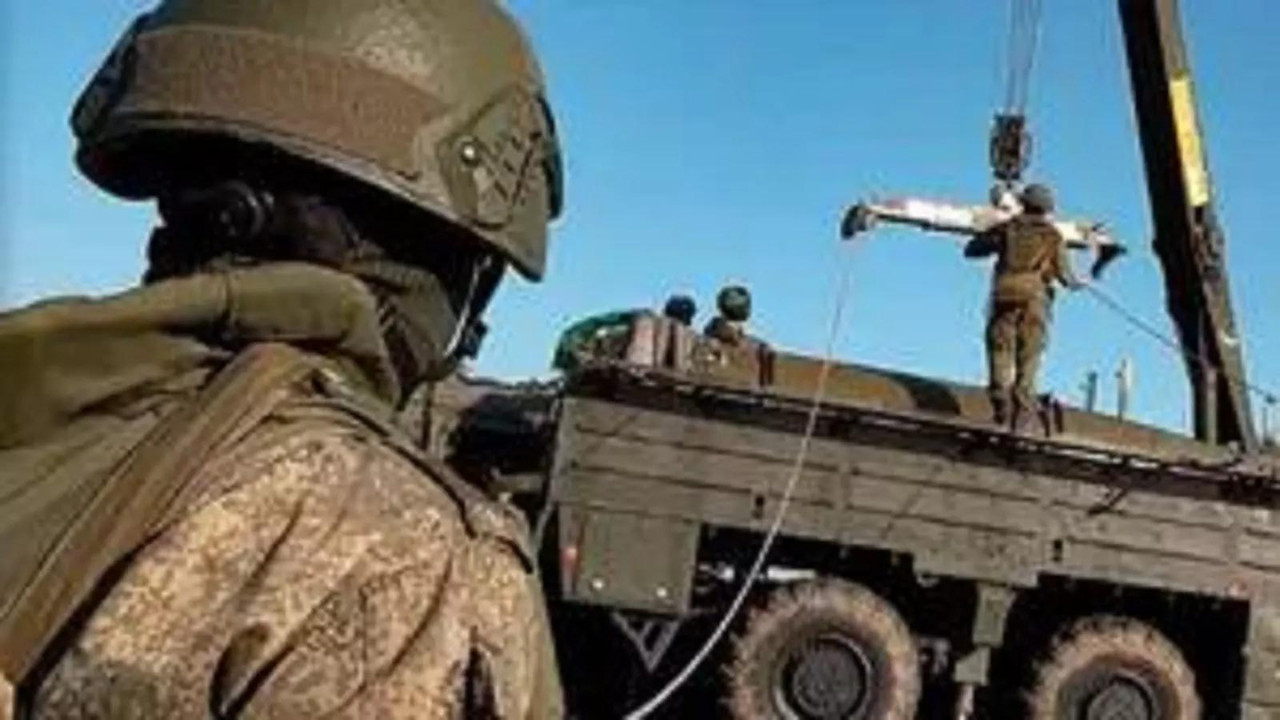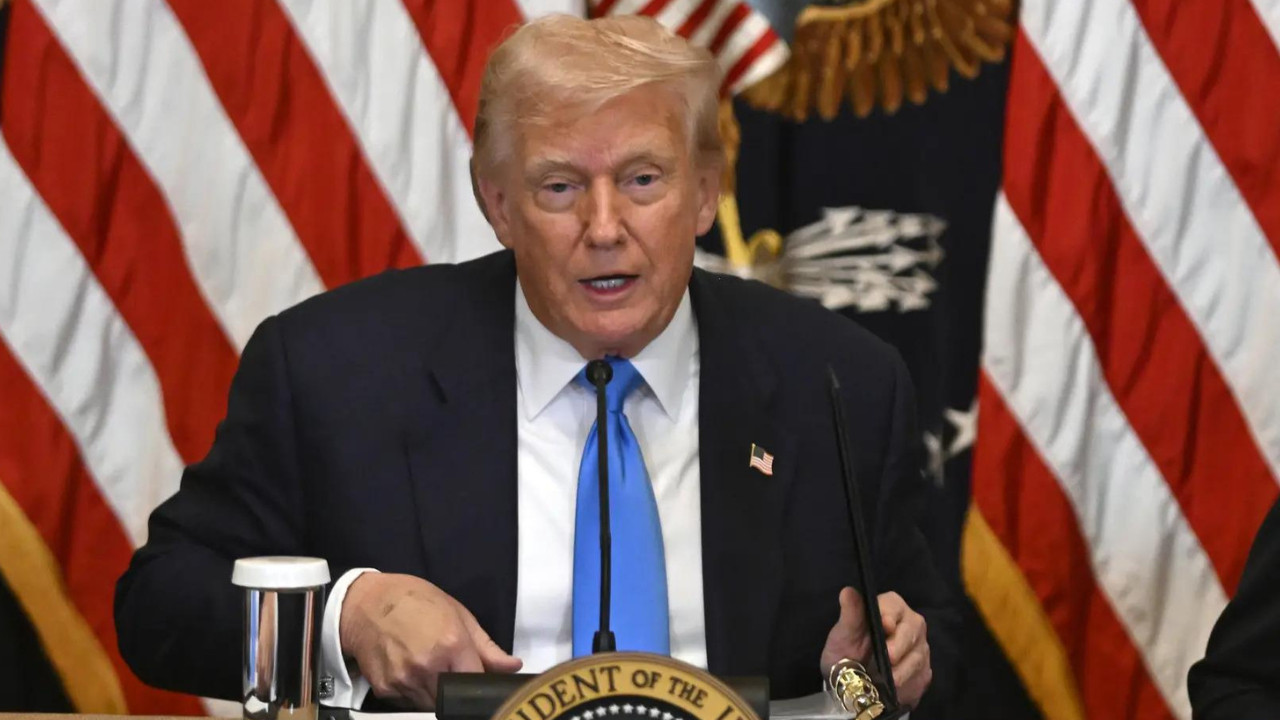Indian defence stocks experienced a downturn on Thursday as investors engaged in profit booking after a robust three-month rally. The Nifty India Defence Index declined by 2%, with Bharat Dynamics leading the losses after a ‘neutral’ rating from Motilal Oswal. Analysts attribute the correction to stretched valuations and easing geopolitical tensions, despite long-term growth optimism and buy-on-dips recommendations.
Are Defence Stocks Losing Altitude? Navigating the Current Market Turbulence
The Indian defence sector has been a high-flying story for quite some time. Bolstered by government initiatives like “Make in India” and increasing geopolitical tensions, companies involved in defence manufacturing and technology have seen their stock prices soar. But recently, a sense of unease has crept into the market. The question buzzing around trading floors and investor circles is: are these stocks running out of fuel?
The surge in defence stocks has been nothing short of remarkable. Driven by strong order books and positive sentiment, valuations have reached levels that have prompted some analysts to raise a cautionary flag. Are these valuations justified by the underlying fundamentals, or are we witnessing a speculative bubble waiting to burst? This is the million-dollar question that investors are grappling with.

Understanding the Recent Dip in Defence Stock Performance
While the long-term outlook for the Indian defence sector remains positive, several factors are contributing to the recent cooling off. Firstly, the initial euphoria surrounding major contract wins seems to be fading. Investors are now scrutinizing the execution timelines and profitability of these projects more closely. Delays in project implementation or cost overruns could dampen investor sentiment.
Secondly, broader market corrections can have a ripple effect on even the most promising sectors. When the overall market experiences volatility, investors often become risk-averse and trim their holdings in high-growth, high-valuation stocks, including those in the defence sector. Profit booking by early investors, who have seen significant gains, can also contribute to downward pressure.
Thirdly, concerns about global economic slowdown and its potential impact on defence spending cannot be ignored. While defence spending is generally considered to be relatively resilient, a severe economic downturn could lead to budget cuts and project deferrals, affecting the revenue and profitability of defence companies.
The Long-Term Trajectory: Still Pointing Upwards?
Despite the recent headwinds, the long-term prospects for the Indian defence sector remain bright. The government’s unwavering commitment to modernizing the armed forces and reducing reliance on imports is a significant tailwind. Furthermore, India’s growing geopolitical importance and its strategic relationships with other countries are creating new opportunities for defence exports.
Companies with strong technological capabilities, a diversified product portfolio, and a proven track record of execution are likely to weather the current turbulence and emerge even stronger. For instance, companies actively involved in niche areas like cybersecurity, drone technology, and advanced weapons systems are well-positioned to capitalize on future growth opportunities. (See our recent analysis on cybersecurity stocks).
Navigating the Market: A Cautious Approach to Defence Stocks
For investors, the key is to adopt a cautious and selective approach. Instead of blindly chasing high-flying stocks, it’s crucial to conduct thorough due diligence and focus on companies with strong fundamentals, sustainable competitive advantages, and reasonable valuations.
It is also important to consider the risk-reward profile of each investment and to diversify your portfolio to mitigate the impact of sector-specific volatility. A long-term investment horizon is essential, as the defence sector is subject to cyclical trends and geopolitical events that can influence short-term stock performance. Don’t be swayed by market hype or short-term fluctuations, and always stick to your investment strategy.
The Indian defence sector is undoubtedly a growth story, but like any other sector, it is not immune to market fluctuations and valuation concerns. By understanding the underlying dynamics and adopting a prudent investment approach, investors can navigate the current turbulence and potentially reap the rewards of this promising sector in the long run.







